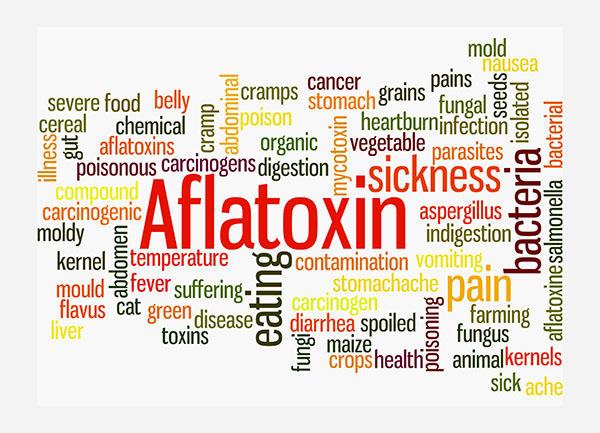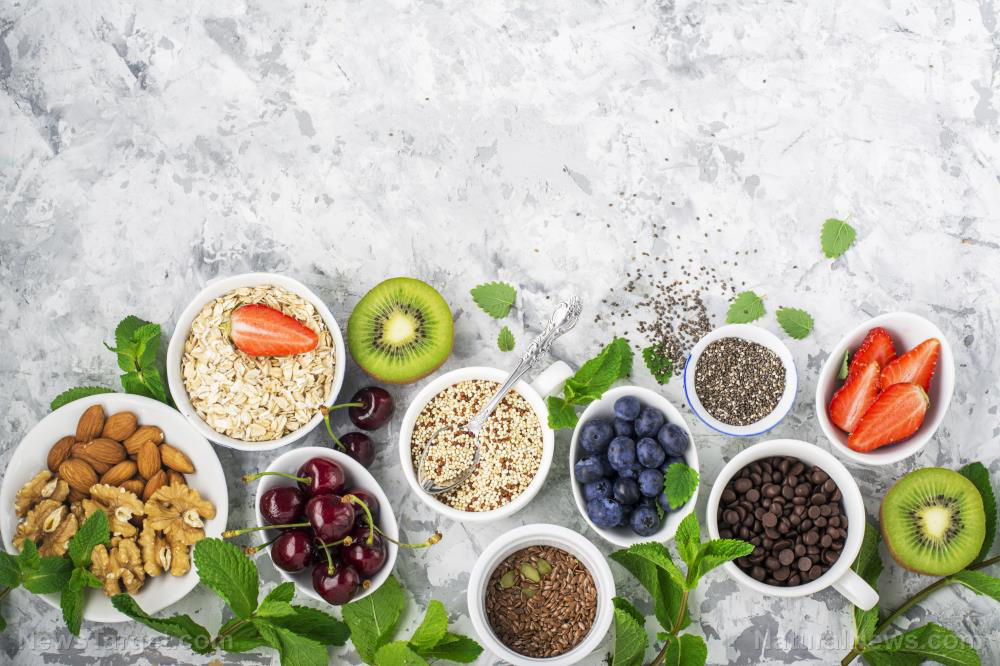A balanced diet that includes lean meat may be better for your mental health than a meatless diet, new research suggests
10/10/2022 / By Zoey Sky

Research suggests that following a plant-based diet can help improve your heart health and even promote weight loss, while eating too much meat is linked to many health issues.
But according to a new study published in the Journal of Affective Disorders, vegetarians experience depressive episodes at least twice as frequently as people who eat meat. This suggests that eating a small amount of meat together with plant-based foods may be beneficial for your mental health.
Possible links between a vegetarian diet and depression
For the study, researchers surveyed 14,216 participants between the ages of 35 and 74 within six months to learn about potential links between a vegetarian diet and depression in adults.
The research team used the Clinical Interview Schedule-Revised instrument, which was designed to identify common mental health issues. After accounting for factors such as physical activity, micronutrient intake, alcohol use and cigarette smoking, the results showed that vegetarians experienced twice as many depression episodes as the participants who consumed meat during the same time period.
“Depressive episodes are more prevalent in individuals who do not eat meat, independently of socioeconomic and lifestyle factors,” said the researchers.
They added that because nutrient deficiencies do not explain this association, the nature of the association remains unclear and longitudinal data can help clarify the causal relationship. (Related: Vegetarian health and nutrition: 7 Nutrients you can’t get from plants.)
Including a bit of meat in your meals may improve your mood
Other studies have revealed a clear link between mood and eating.
Data from a 2017 study showed that people with major depressive symptoms who followed diets high in plant foods, lean protein, low-fat dairy and whole grains were four times more likely to be in remission than those who consumed ultra-processed foods. The 2017 study analyzed the diets of volunteers with major depressive symptoms.
In a 2019 study that included fish oil supplements, researchers reported that there was a connection between following a Mediterranean diet and reduced depression.
While consuming animal protein may make people happier, plant-based diets have long been linked to a lower risk of heart disease.
According to a separate analysis by Ambika Satija from the Department of Nutrition at Harvard T.H. Chan School of Public Health, a balanced diet with quality plant foods can help boost your heart health.
But you don’t have to completely give up steak. Satija advises reducing your consumption of animal foods instead of completely eliminating them from your diet to stay healthy.
Tips for healthy eating and reducing meat consumption
If you love steaks or pot roast but are worried about your heart health, you can improve your overall well-being by following a balanced diet that includes small quantities of meat.
Follow the tips below to reduce your meat consumption without depriving yourself of your favorite foods:
Start one meal at a time
Start slowly by going meatless for one or two dinners a week. This allows your taste buds to adjust and then build from there.
Use “flavor makers”
Grilled pork is delicious and full of umami goodness, but you can get that same effect by cooking with meatless sources of umami. When making dinner, you can give various dishes a flavor boost by adding a bit of soy sauce, tomato paste or miso.
If you’re making soup, add a Parmesan rind for a savory kick. When cooking vegetarian dishes, add Calabrian chilies, capers or olives for a brighter flavor profile.
Use less meat
Instead of cutting out all meat, start by using less meat for main dishes. Try replacing some of the ground beef or turkey with other ingredients.
Use chopped sauteed mushrooms to replace one-third of the beef in burgers. When making chili and tacos, replace half of the meat with black beans.
You can also replace some of the meat in casseroles with cooked grains like quinoa or rice.
Try tofu
Tofu is another tasty meat alternative, so try using it when making rice bowls.
Try vegetarian swaps for your favorite dishes
If many of your favorite dishes contain a lot of meat, try a recipe with vegetarian swaps for a change.
Go meatless before dinner
You don’t have to give up meat completely, so try going meatless before dinner. Plan an entirely plant-based breakfast and lunch, then treat yourself to a delicious dish featuring meat for dinner.
Maintain your overall physical and mental health by following a balanced diet full of fruits, vegetables, lean meats and other nutritious ingredients.
Visit Fasting.news to read more articles with tips on how to eat healthily.
Watch the video below for a quick chicken salad recipe.
This video is from the Living The Life With Tracy channel on Brighteon.com.
More related stories:
Following a plant-based diet and reducing sulfur amino acid intake found to lower heart disease risk.
Study shows supplementing with vitamin B6 can help reduce anxiety and depression.
You don’t have to be vegan to be deficient in vitamin B12 — here’s what you need to eat.
Sources include:
Submit a correction >>
Tagged Under:
animal protein, beat depression, depression, Diets, food science, health science, ingredients, meat, mental health, mind body science, natural health, nutrition, organics, plant-based diet, research, vegan diet, vegetarian diet, veggie
This article may contain statements that reflect the opinion of the author
RECENT NEWS & ARTICLES
COPYRIGHT © 2017 ORGANICS NEWS




















